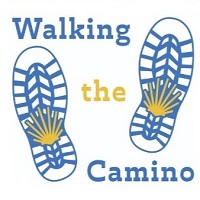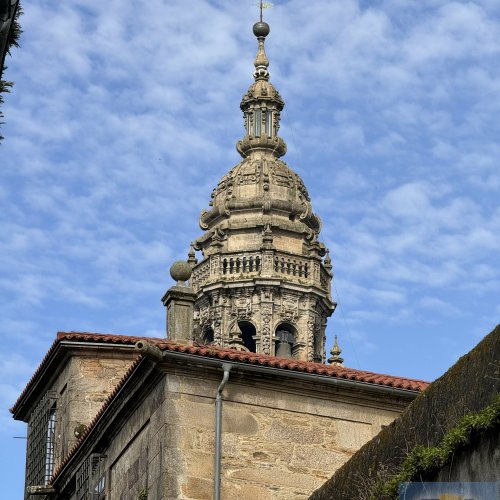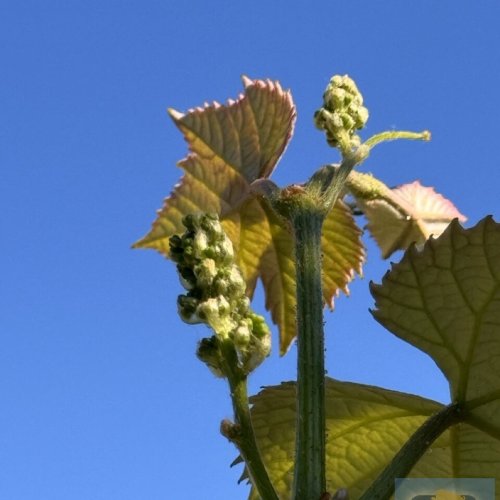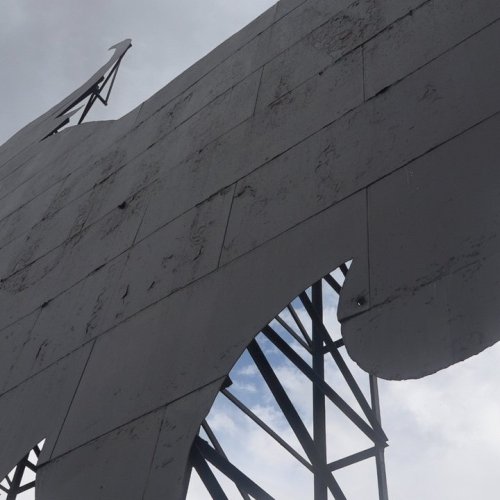I do not think any foreigners are in a position to judge Spanish culture, including bull importance. I was the one starting the now locked thread; I did not start it to provoke, I just found it curious. And as someone said: bulls have an ancient meaning in the Mediterranian countries, and we are not to judge. We are just guests in the land.
.....
But I can also agree: Maybe I was off-topic when posting the start of that locked thread; if so, I apologize, and I agree that we should concentrate on the Camino. I just found it strange. But; when in Rome, do as the Romans (or at least respect them). And discuss with respect and calmness.
(Note: When we walk the Camino, we are spending an extended amount of time immersed in Spanish culture and daily life. I think this topic is very relevant to our experiences as peregrinos, and would disagree strongly with this conversation being shut down or moved.)
I have to disagree that we, as foreigners are in no position to judge (I would say, criticize) Spain.... or any other culture.
We can appreciate the art, architecture, history, cuisine, etc of another culture. We can enjoy travel, and thrive on meeting people from around the globe and experiencing their ways of life. But I would caution against
romanticizing any other culture, including Spain, a la Hemingway. Romanticizing often equates to handing that "other" culture a free pass.
First and foremost, we are
human beings. Being human trumps national, ethnic, cultural (generally manmade) boundaries. And I believe "respect" (defined incorrectly as "silence" all too often) for any other culture ends when cultural or traditional practices inflict unnecessary suffering or cruelty on other living beings, human and animal alike.
I can be interested in, and respectful of, the bull's history and cultural significance in Spain. But I do not need to be "respectful" of - indeed, I feel it is a moral imperative to not be silent about - the enshrinement of cruel practices rationalized (and rendered untouchable) as "tradition".
Acts of cruelty and injustice, and the violation of basic human rights and animal welfare, are not sacrosanct, untouchable, or exempt from criticism merely because they are tradition or are occurring in another culture.
Over tens of thousands of years, we have evolved. Not just our physical bodies, but our societies, our knowledge, our understanding, our laws, our compassion, our culture and traditions. Things change. Thank goodness, things change. I would not want to live with some of the "old ways" - traditions - of my culture, or others. Cultures evolve; tradition is not sacred or inscribed in stone or worthy of being romanticized or rationalized. It is a living, breathing, changing thing.
First, I am human.
I am not a "guest" in Spain. Spanish people - people from all over the globe - are my brothers and sisters. And the intentionally inflicted suffering of an animal in a Spanish village breaks my heart just the same as it happening in my Texas neighborhood - and my voice in defense of both is valid.
Myself, I come from a country that has been hunting whales, seals, polar bears etc. for centuries; it is in our culture and part of our survival as a (then) very poor country.
Many people today do not understand or know how they get their food on their plates.
While that may be true, it is wrong to equate eating animals for food/survival with torturing them for entertainment purposes. These are different topics.
And cultures that in the past had to rely on certain hunting practices for survival..... well, time has passed, societies have "modernized", and having a practice as part of one's cultural history is not automatic justification for its continuation in the 21st century.
(Certainly, there are still indigenous populations in the Arctic Circle that still rely on hunting certain species for survival..... but the majority of 2014 Norway can no longer claim that exception.)


















